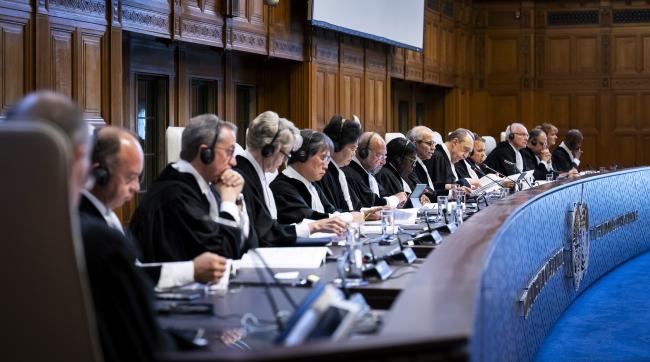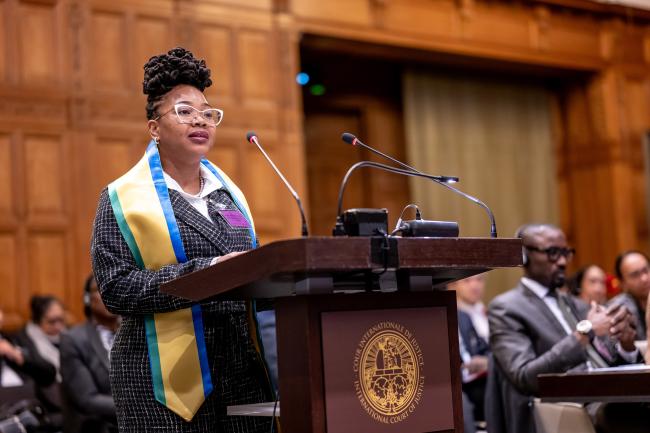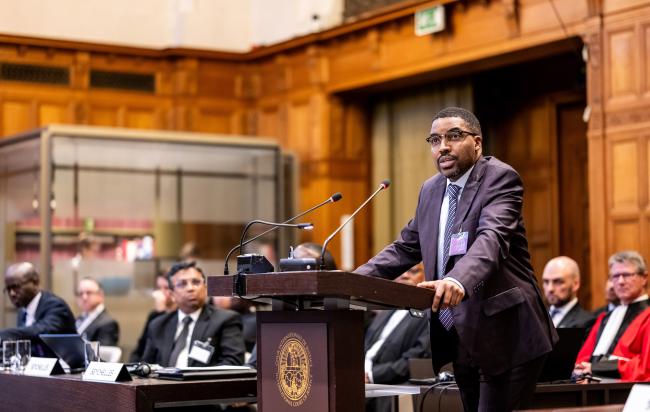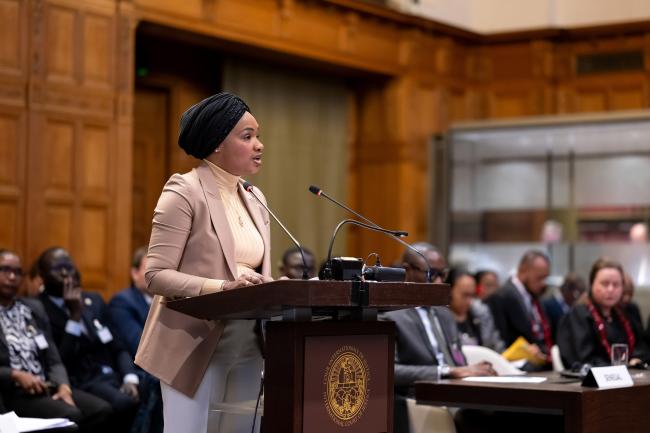Many speakers rebutted the argument that the UN Framework Convention on Climate Change and the Paris Agreement are the only or main elements of international law for the Court to consider in assessing States’ obligations with regard to climate change. At the outset, they highlighted that knowledge of the adverse effects of greenhouse gas emissions predates the adoption of the climate treaties. They emphasized that the obligation to prevent transboundary harm to the environment of other States and areas beyond national jurisdiction requires States to act on this knowledge. “No State has the right to use the atmosphere as a personal dumping ground,” underscored Saint Vincent and the Grenadines, saying it must be held in collective trust for the benefit of present and future generations.
Want to dig deeper into today's statements? Read the full Earth Negotiations Bulletin daily report.
This debate is ever more important considering the fact, as captured in the first Global Stocktake, that current nationally determined contributions (NDCs) under the Paris Agreement are insufficient to meet the Agreement’s objective. Highlighting their inadequacy, the Seychelles emphasized that fulfilling NDCs does not necessarily mean States are in compliance with climate obligations. The Gambia warned against “fossilizing” due diligence duties, arguing for a dynamic evolution of the standard in line with the findings of the Intergovernmental Panel on Climate Change. Accordingly, they also emphasized the inadequacy of the goal of limiting global warming to 2°C.
Many speakers highlighted that States have obligations under human rights law and other treaties that go beyond what is required in the climate treaties. For example, they recalled the obligation to conduct environmental impact assessments with regard to activities potentially compromising the marine environment. The Gambia emphasized that the close link between human rights and environmental harm is explicitly recognized in the African Charter on Human and Peoples’ Rights. Similarly, Senegal cited jurisprudence of the African Commission on Human and Peoples’ Rights to illustrate that the violation of the right to a healthy environment has cascading effects, jeopardizing other human rights such as the rights to food and health.
To receive free coverage of global environmental events delivered to your inbox, subscribe to the ENB Update newsletter.
















